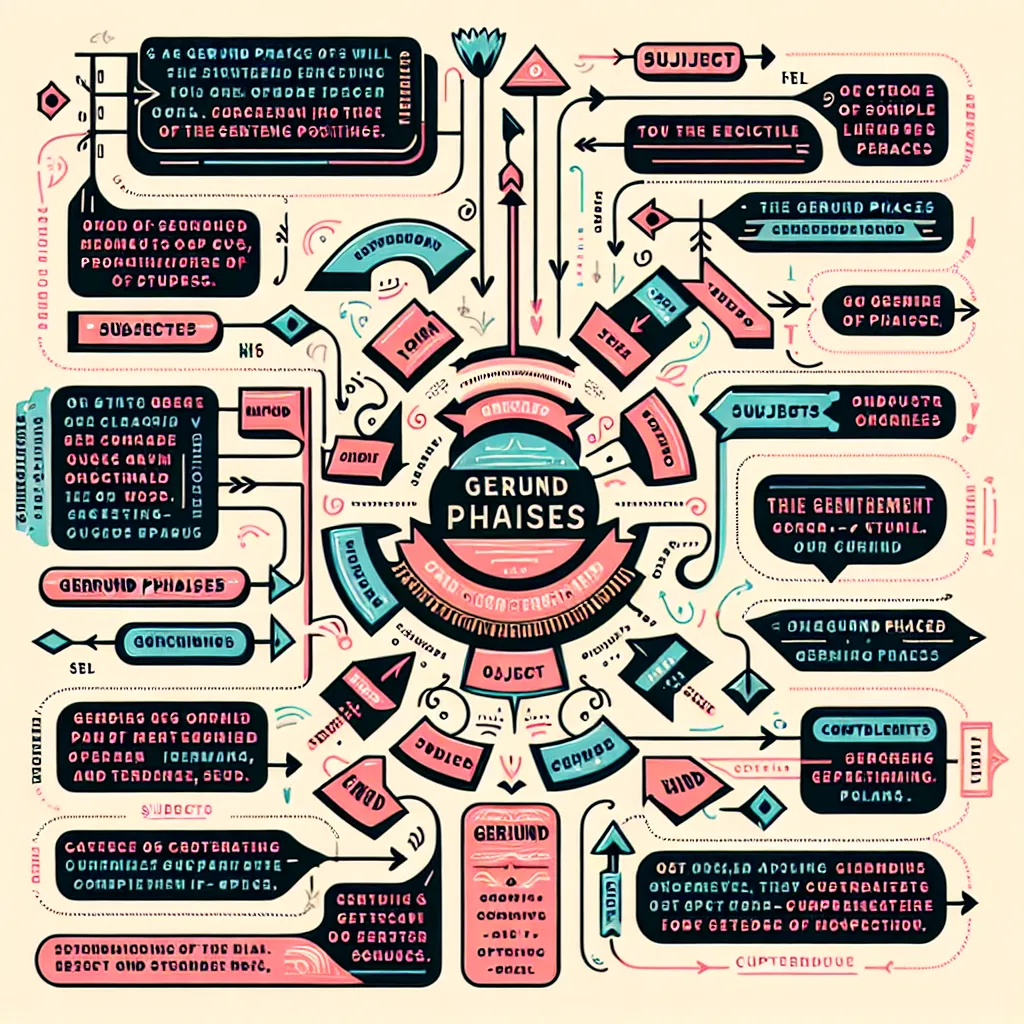Are you looking to elevate your English language skills? Mastering Complex Question Forms is a crucial step towards achieving fluency and precision in English communication. This comprehensive guide will provide you with effective strategies, practical examples, and expert tips to help you navigate the intricacies of complex questions in English.
Understanding Complex Question Forms
Complex question forms are advanced structures that go beyond simple yes/no or wh-questions. They often involve multiple clauses, embedded questions, or sophisticated grammatical constructions. Mastering these forms is essential for academic writing, professional communication, and advanced English proficiency tests like IELTS and TOEFL.
 Complex question forms in English
Complex question forms in English
Why Are Complex Question Forms Important?
- Enhanced Communication: They allow for more nuanced and precise inquiries.
- Academic Success: Essential for higher education and research.
- Professional Growth: Crucial in business negotiations and interviews.
- Improved IELTS Scores: A key component in achieving high band scores.
Types of Complex Question Forms
1. Embedded Questions
Embedded questions are questions within statements or other questions. They often start with phrases like “Do you know…” or “Can you tell me…”
Example:
- Simple: Where is the library?
- Embedded: Could you tell me where the library is?
Practice Tip: Start with a simple question and transform it into an embedded question using various introductory phrases.
2. Tag Questions
Tag questions are short questions added to the end of statements to seek confirmation or agreement.
Example:
- You’re coming to the party, aren’t you?
- She doesn’t like coffee, does she?
Practice Tip: Create statements and add appropriate tags based on the verb tense and subject of the main clause.
3. Negative Questions
Negative questions often imply that the speaker expects a particular answer or expresses surprise.
Example:
- Haven’t you finished your homework yet?
- Isn’t it a beautiful day?
Practice Tip: Transform positive questions into negative ones and consider how the meaning changes.
Strategies for Mastering Complex Question Forms
- Analyze Structure: Break down complex questions into their component parts.
- Practice Regularly: Incorporate these forms into daily conversations.
- Read Extensively: Expose yourself to complex questions in various contexts.
- Use IELTS Materials: Utilize IELTS study guides for targeted practice.
 Strategies for mastering complex questions
Strategies for mastering complex questions
Common Mistakes to Avoid
- Incorrect Word Order: Remember to invert the subject and auxiliary verb in direct questions.
- Overuse of Complex Forms: Use them appropriately, not excessively.
- Neglecting Context: Consider the social and cultural context when forming questions.
Advanced Techniques
Rhetorical Questions
Rhetorical questions are asked for effect, with no answer expected.
Example:
- How many times do I have to tell you?
- Isn’t life beautiful?
Tip: Use rhetorical questions to emphasize a point or evoke emotion in writing and speech.
Indirect Questions
Indirect questions are used to ask something in a more polite or formal way.
Example:
- Direct: Where is the nearest bank?
- Indirect: I was wondering if you could tell me where the nearest bank is.
Practice: Transform direct questions into indirect ones to improve politeness in formal situations.
Practical Exercises
- Question Transformation: Take a list of simple questions and transform them into complex forms.
- Context-based Practice: Create dialogues using complex questions in various scenarios (job interview, academic discussion, etc.).
- Listening Exercise: Identify complex question forms in English podcasts or news broadcasts.
For more advanced grammar exercises, check out our guide on advanced grammar for technical writing.
IELTS-Specific Tips
- Familiarize with Question Types: Study the types of questions commonly used in IELTS speaking and writing tasks.
- Time Management: Practice forming complex questions quickly for the speaking section.
- Writing Task 2: Use complex question forms in your essay to demonstrate advanced language skills.
For more IELTS-specific advice, explore our tips for mastering English academic language.
Conclusion
Mastering complex question forms is a journey that requires consistent practice and attention to detail. By understanding the various types, avoiding common pitfalls, and regularly incorporating these structures into your English usage, you’ll significantly enhance your language proficiency. Remember, the key to mastery is not just knowing the rules, but applying them confidently in real-world contexts.
Keep practicing, stay curious, and don’t hesitate to challenge yourself with increasingly complex linguistic structures. Your efforts will pay off in improved communication skills, academic performance, and professional opportunities.




